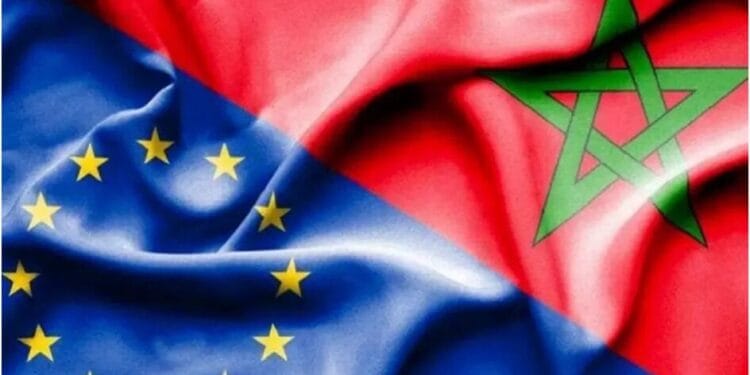Morocco and the European Union have signed an exchange of letters amending their Agricultural Agreement, marking a new phase in Euro-Moroccan cooperation and reinforcing the strong economic and political ties between Rabat and Brussels that have endured for more than two decades.
The revised agreement, which takes effect provisionally upon signature, ensures that agricultural products originating from Morocco’s Southern Provinces will now benefit from the same preferential tariff advantages as other Moroccan products under the Morocco–EU Association Agreement. This means products from the Moroccan Sahara will enjoy equal access conditions to the European market as those from northern regions.
According to Morocco’s Ministry of Foreign Affairs, the development reflects the EU’s recognition of Morocco’s legitimacy in its Southern Provinces and acknowledges the country’s sustained efforts to promote socio-economic growth and prosperity in the region. The accord underscores Morocco’s long-standing position that all agreements concluded with the Kingdom apply to its entire national territory.
The amendment further promotes agricultural produce from Laayoune–Sakia El Hamra and Dakhla–Oued Eddahab through specific labelling that identifies their regional origin. This initiative is expected to enhance the competitiveness and visibility of Southern Moroccan products in the European market while supporting local employment and production.
The agreement aligns with the vision of His Majesty King Mohammed VI, who has transformed the Moroccan Sahara into a hub of development, connectivity, and prosperity linking Europe and Africa. Its signing coincides with growing global interest in the economic potential of the region, highlighted by recent statements from the United States, the upcoming Morocco–France Economic Forum in Dakhla on October 9, and initiatives by UK Export Finance.
Economically, the deal is projected to boost Morocco’s national agricultural GDP and create additional employment opportunities in the Southern Provinces, where over 150,000 jobs were recorded in 2022 and an estimated 50,000 more are expected in the near future.
With annual trade exceeding €60 billion, Morocco remains the EU’s leading trading partner in both Africa and the Arab world. The amended agricultural agreement reinforces this robust interconnection, built on mutual trust, shared interests, and geographic proximity. It also demonstrates the resilience of the Morocco–EU partnership in the face of attempts to undermine it, affirming both parties’ determination to move forward together amid regional and global challenges.
Beyond agriculture, the two partners continue to collaborate across multiple fields, including politics, economy, environment, migration, security, digital transformation, and culture. The new agreement reflects King Mohammed VI’s call for a partnership that is concrete, diversified, and action-oriented.
In a period of global uncertainty, the October 3, 2025, agreement sends a strong message of stability, confidence, and shared ambition, ushering in a new era of inclusive, sustainable Euro-Moroccan cooperation centred on the prosperity of citizens, businesses, and the wider region.





















